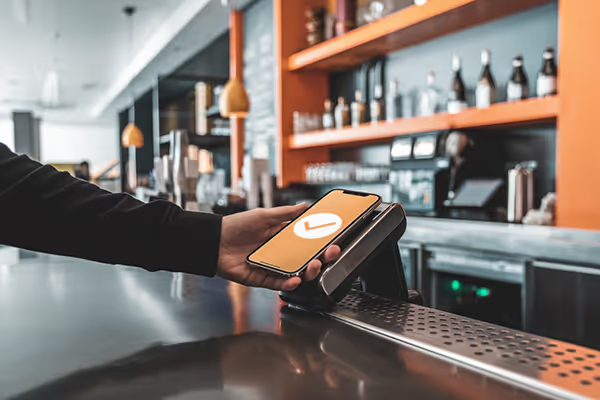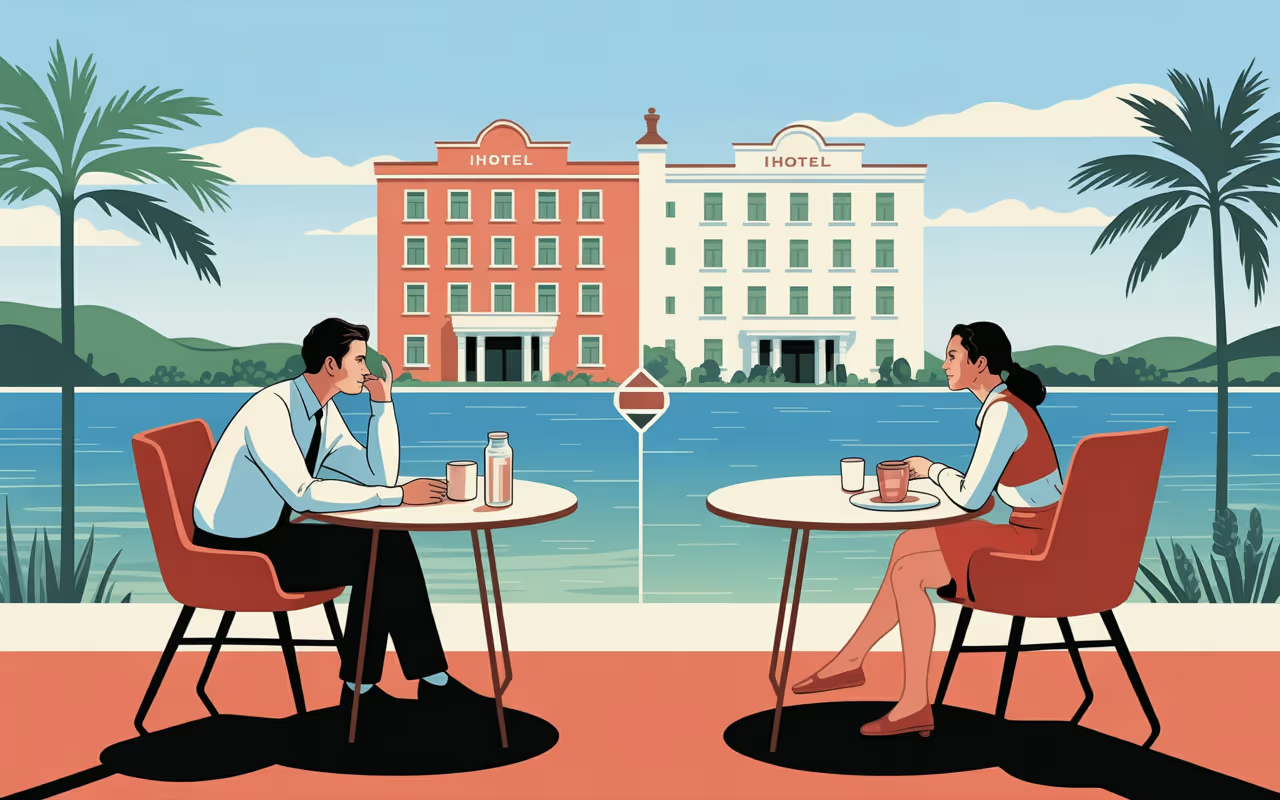Accessibility in Hotels is a Competitive Advantage Waiting to be Claimed
Accessibility in hotels is far more than a legal checkbox or a few extra features. True hospitality means making every guest feel welcome and comfortable from the moment they consider booking, to the time they check out. While ramps and wheelchair-friendly bathrooms are essential, they’re only part of the picture. Accessibility today also includes mobility, sensory, cognitive, and digital considerations.For example, guests who are deaf or hard of hearing may require visual alarms, hearing loops at reception, or subtitled in-room entertainment. Blind or low-vision guests benefit from tactile signage, voice-assisted technology, and website designs that work seamlessly with screen readers. Guests with cognitive or neurological differences may appreciate quieter rooms, simplified signage, and staff who communicate clearly and calmly.















